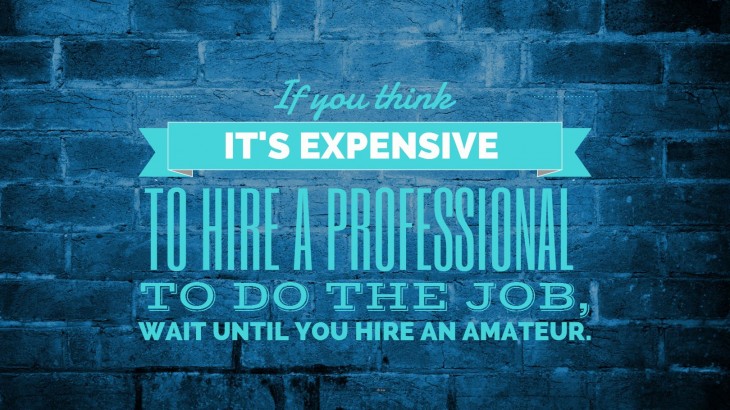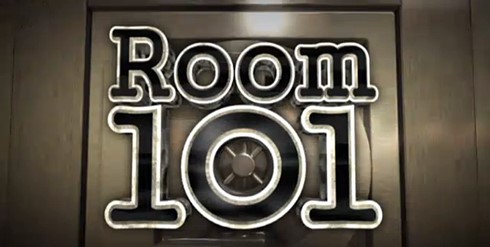Thinking of hiring and need some recruitment advice from the professionals? Get the best tips on how to successfully build and motivate your team right here at VIPersonnel. From help with your candidate search, to interviews and offer letters.
Preparing to recruit.
Before anything else, you need to ask yourself what you need this person to accomplish.
This should provide you with a focus on getting the right person, first time, every time.
Things to consider:
- Is the role temporary or permanent, full time / part time?
- Define your role requirements by identifying the key requirements you need for your business.
- Have in mind three essential skills you must see in the candidates’ CV.
- Work out a fair salary for the role which will be beneficial to both your business and the employee. (You could base this on comparable jobs in your industry if it’s a new role).
- Future scope of the role, have a 5 year plan for the role.
- What training will be offered or required.
- Types of personality that will work well in order to gel with your current team.
Write a Job Specification.
Now you are prepared to recruit, you can begin the recruitment process. First things first, write a Job specification which articulates all of the above requirements you have set, something one of our dedicated consultants can help you with, it’s all part of the VIP service.
To find your ideal employee, you first need to identify your specific needs and wants.
Create a tailored description of the vacancy, including the responsibilities and objectives of the role.
Don’t be afraid to be too specific. Outlining the key duties and requirements of the role in detail will only rule out those who are not suitable, saving you time sifting through tonnes of irrelevant CV’s.
The specifications you prepare will help you evaluate CVs speedily and ruthlessly too.
Make sure to include key information such as Salary, company benefits, hours of work and anything else you would expect to find if looking for your ideal role.
The Interviews.
Hopefully by now, your preparation and time has paid off and you have a selection of shortlisted candidates which you are prepared to interview. Based on experience, a good number of first stage interviews to hold is between 3 and 6.
The interview is the most important part of the recruitment process, both for you and the candidate. It’s your opportunity to see how this person would fit into your organisation and to see if they have the knowledge and expertise you need to improve your business. It is also an opportunity for the candidates to get an insight into your company and its environment. It is also to get an insight as to what you are like as an employer, so make extra effort to be welcoming and informative.
Things to consider before your interviews:
- Lay out clear objectives for the interview.
- Lay out a structure for your interviews.
- Decide what is most important to your company and base your questions around that.
- Ensure you have a clear agenda for your interviews.
During the interview:
- Focus on getting to know your candidate.
- Try to be consistent so each candidate gets a fair chance.
- Be honest of the expectations of the candidates.
Once you have interviews between our recommended 3 – 6 candidates, you should by now have a good idea who was ticking boxes and who wasn’t. If you have not yet found any potentially suitable candidates from this round of recruitment, simply set yourself another couple and see how they fair.
If on the other hand you find yourself torn between maybe 2 or 3 of the candidates, arrange a second stage of interviews for those candidates.
A second stage interview will of course no longer require the intensity of the first. This may be a good chance to bring out the personality of the candidates to get an idea of team fit as opposed to just experience and ability. Maybe introduce them to the team or get them to shadow somebody that is already in the role.
Writing an offer letter
You’ve invested time and effort in finding the right person for the job, so secure their acceptance with a well-worded offer letter. A positive job offer, extended swiftly, can make the world of difference and the chances are higher that they will accept.
- Avoid standard letters – Take time to write something original, or at least to amend your company’s standard letter so that the candidate maintains enthusiasm.
- Be positive and personal, so the chances are higher that an acceptance will be forthcoming.
- Act now – Once you’ve decided to make the offer, it’s best to write and dispatch the offer letter straight away.
- Selling the offer – Emphasise the most appealing benefits in the package you’re offering.
We hope this recruitment advice is beneficial to you and your organisation, however if we can be of any assistance in any of the mentioned areas, we are of course happy to help.
Using VIPersonnel as your personal recruitment service.
We strive to provide our clients with a better quality selection of candidates thanks to our proactive recruitment process. We provide comprehensive 360° support to company’s looking to expand their permanent workforce.
Did you find this post helpful? You may also like:










